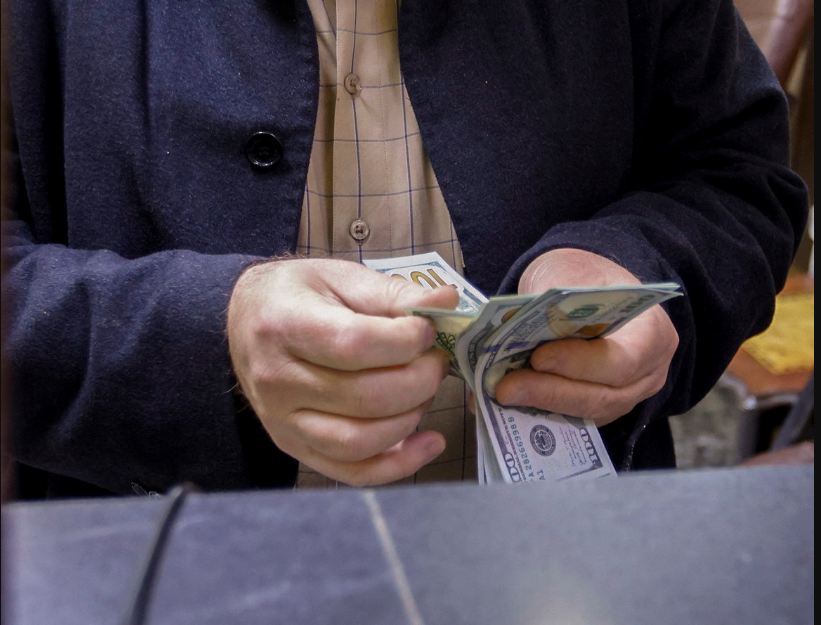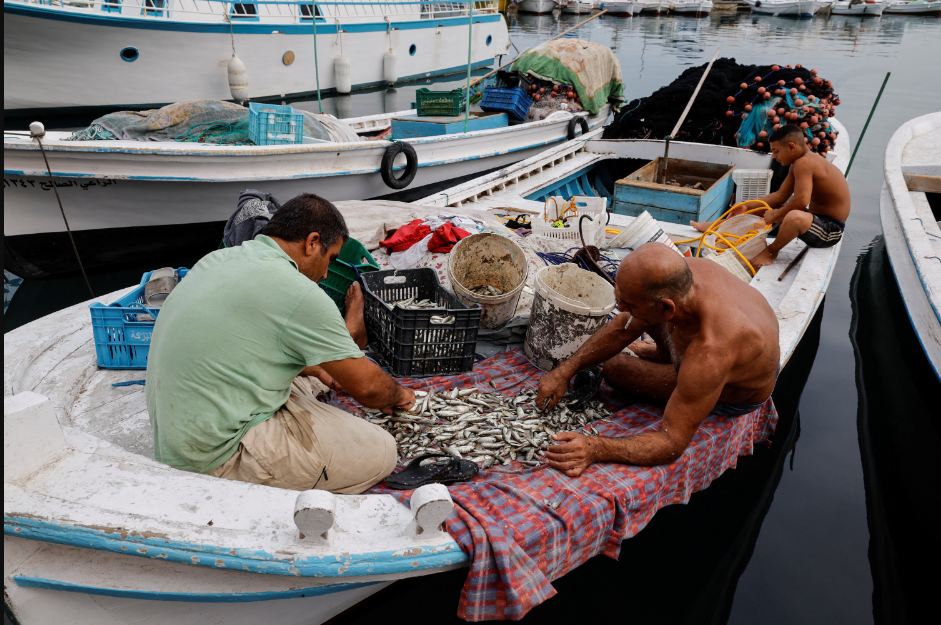Exclusive: Iraq to end all dollar cash withdrawals by Jan. 1, 2024, central-bank official says
Baghdad (Reuters) – Iraq will ban cash withdrawals and transactions in U.S dollars as of Jan. 1 2024 in the latest push to curb the misuse of its hard currency reserves in financial crimes and the evasion of U.S. sanctions on Iran, a top Iraqi central bank official said.
The move aims to stamp out the illicit use of some 50% of the $10 billion that Iraq imports in cash from the New York Federal Reserve each year, Mazen Ahmed, director-general of investment and remittances at the Iraqi central bank (CBI), told Reuters.
It’s also part of a broader push to de-dollarize an economy that has seen the greenback preferred over local notes by a population weary of recurring wars and crises following the 2003 U.S. invasion.
People who deposit dollars into banks before the end of 2023 will continue to be able to withdraw funds in dollars in 2024, Ahmed said. But dollars deposited in 2024 could only be withdrawn in local currency at the official rate of 1,320.
The parallel market rate of the Iraqi dinar sat at 1,560 on Thursday, roughly 15% percent below the official rate.
“You want to transfer? Transfer. You want a card in dollars? Here you go, you can use the card inside Iraq at the official rate, or if you want to withdraw cash, you can at the official rate in dinars,” Ahmed said.
“But don’t talk to me about cash dollars anymore.”
Iraq has already set up a platform to regulate wire transfers that make up the bulk of its dollar demand and that used to be a hotbed of fake receipts and fraudulent transactions that siphoned dollars to Iran and Syria, both countries under U.S. sanctions
Set up in concert with authorities in the U.S., where Iraq’s$120 billion in reserves from oil sales are held, that system was now nearly airtight, Ahmed said, providing dollars at the official rate to those engaged in legitimate trade such as imports of food and consumer goods.
But the cash withdrawals have continued to be misused, he said, including by would-be travellers provided with a state quota of $3000 who have found ways to game the system.
Iraq is heavily reliant on Washington’s goodwill to ensure oil revenues and finances do not face U.S. censure.
At the same time, the current government, which is backed by powerful parties and armed factions close to Iran, has been careful not to alienate Tehran, nor anger the parties and armed groups with deep interests in Iraq’s highly informal economy.
Dollar Shortage
Many local banks have already been limiting dollar cash withdrawals in the past months, compounding a shortage that has seen the parallel market exchange rate continue to rise.
Ahmed said some banks were low on dollars because many people were trying to withdraw dollars at once amid a feeling of unease over the financial system, while some banks also had shortages because they provided dollar-denominated loans that were then paid back in dinars.
The CBI had also limited the amount of dollars it was providing as part of an agreement with the Fed to limit cash and shift towards e-payment, he said.
Ahmed said the CBI expected the dinar to lose more value as the new measures went into force but said it was an acceptable side-effect of formalising the financial system and the CBI was providing dollars at the official rate for all legitimate purposes.
“The cost we are carrying today is nothing compared to this goal,” he said.
“We don’t have a problem with the exchange rate hitting 1,700. If they tell me the rate is 1,700, I tell them: ‘you want to import from Iran. You want to smuggle. You have corrupt money that you want to get out.'”
He added: “As long as all transparent and legal financing operations happen via us (at the official rate), the rest does not matter.”
But signs have emerged that the CBI’s plans will not be met with open arms.
On Thursday, video circulated on social media showing a depositor at a Baghdad bank threatening to burn it down if he did not receive his deposit in cash dollars, a scene reminiscent of steps depositors have taken amid Lebanon’s banking crisis.
“I swear I will burn it down. I swear I will enter the safe and take my money” the man says.



